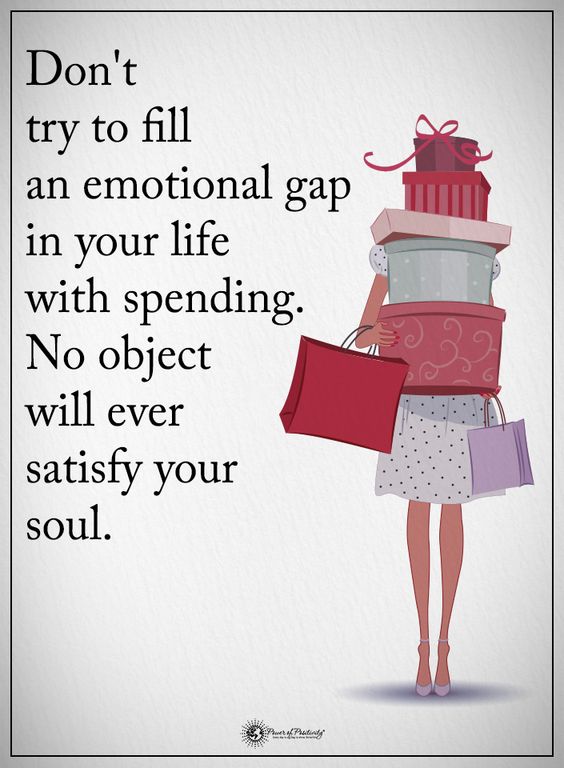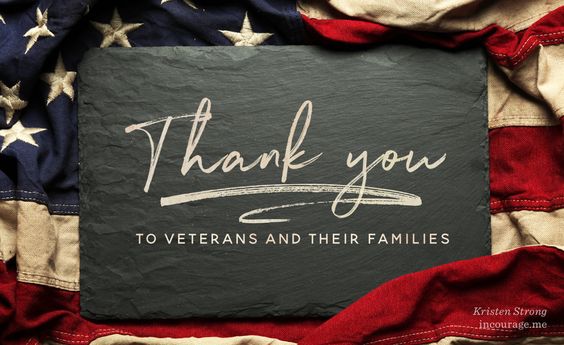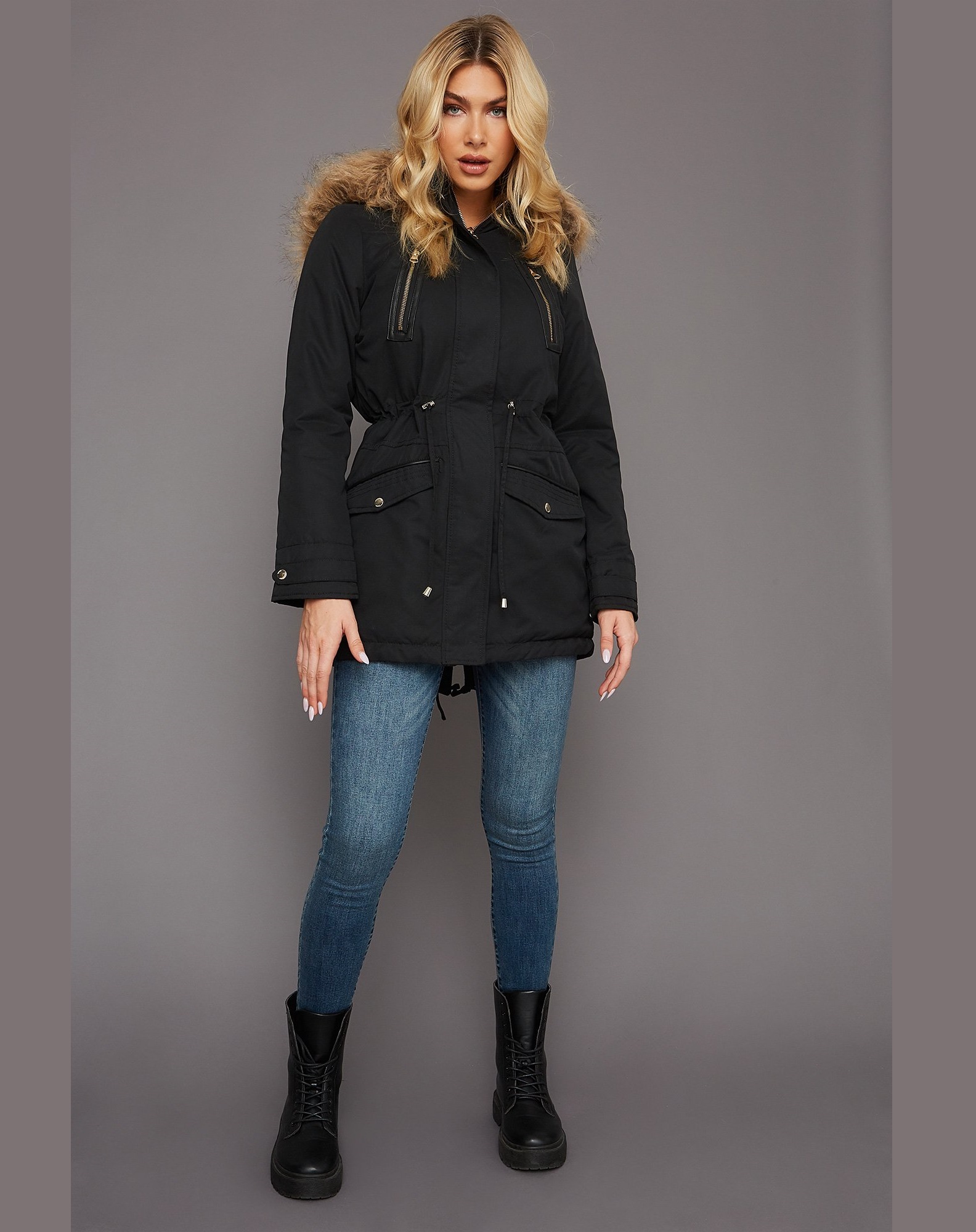
What To Know About Emotional Spending
People measure their level of anxiety and depression in many ways. For example, screenings in the form of a questionnaire that you answer about your anxiousness, physical health choices involving drugs and alcohol is a standard method to measure a variety of anxiety disorders. Observing change in your social life and interactions can also be a way to measure a change in the level of your anxiety or depression, like withdrawing yourself from society and cutting yourself off from relationships. Another way that anxiety and depression can be measured is through physical signs, such as high blood pressure, spikes in blood glucose readings, muscles feeling tight and tense, or your heart beating faster in response to your anxiety. But then there are those people who assess their state of mental health using the retail therapy method, feeling worried and sad when their Visa is maxed on online purchases made in just hours from the comfort of their bed.
Shopping to Feel in Control
Buying new things make some people feel like they’re in control when their life feels anything but that. You may be thinking, is this actually a thing? Yes, it is! There are psychological reasons for this habit of buying things that you may or may not need. Let’s identify the pattern: feeling hopelessly depressed, shopping, feeling euphoria at checkout, receiving packages, excitedly opening packages, feeling depressed. So how do you quit your expensive coping mechanism? For starters, as emotional beings, no one is capable of always making rational decisions. So, when someone is depressed, stressed or experiencing negative emotions, buying something can bring temporary relief. However, the relief won’t last too long, which can then leave you feeling guilty about spending in the first place. This can then lead to more negative emotions and more spending.
Sadness Can Make Us Do Many Things…
Sadness is linked to lack of control. Shopping is very effective when it comes to restoring that power of so many things feeling uncontrollable. Miserable moods can help convince us to buy things (that we don’t necessarily need) to make us feel better. It is also known to make us spend more on things rather experiences. Spending money is a distraction for us because instead of dealing with painful emotions head-on, we numb ourselves and dull the pain with our terrible shopping habits.
When Spending is Becoming a Problem
Spending starts to become a problem when you start noticing signs such as: buying and not using what you purchase; ordering online, getting the package and storing the box; hiding and lying about purchases; fighting with your significant other or family members about expenditures; credit card debt; and buying even when you’ve run out of space for your items. It may be difficult to completely stop yourself from giving into emotional purchases all in one shot, but there are ways to squash the habit slowly.







